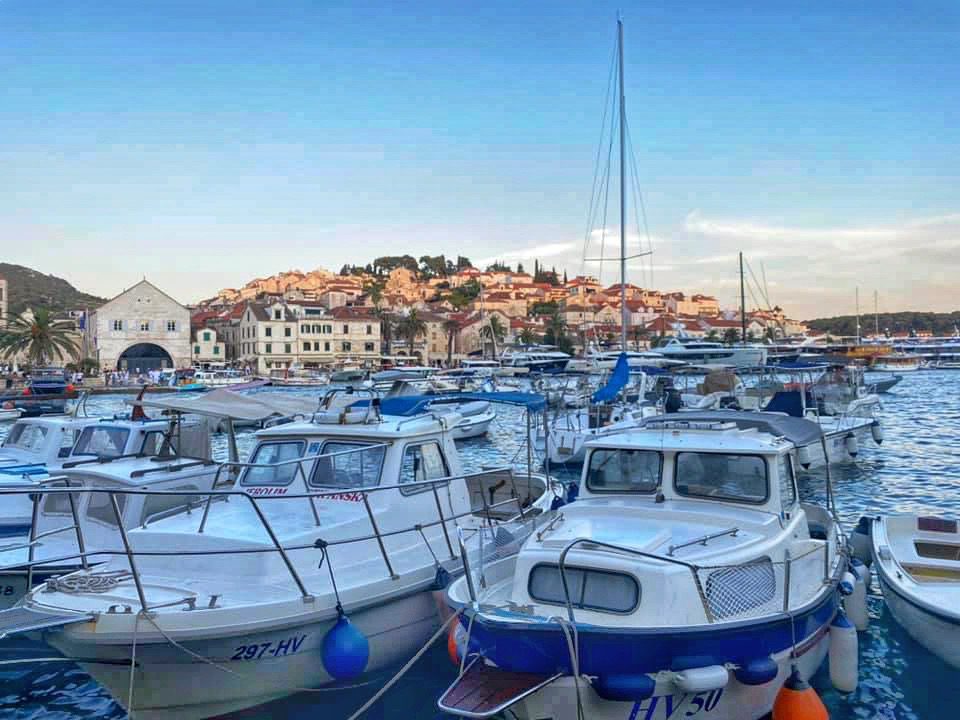In 2024, the real estate market in Croatia continues to attract international buyers, including Russians, thanks to its scenic landscapes, mild Mediterranean climate, and simplified purchasing process for non-residents. The variety in property prices, depending on the country’s regions and types of real estate, allows for both budget and luxury options. Let’s explore the property prices based on location and factors affecting property costs and investment appeal.
Key Trends in the Croatian Real Estate Market
The demand for Croatian real estate, especially along the coast, is steadily rising. This is due to Croatia’s status as a popular tourist destination, attracting investors focused on short-term rentals. Unlike larger Western European cities like Paris or London, the Croatian property market is smaller but rapidly developing. Experts predict a stable increase in prices and continued demand, particularly in regions with well-developed tourist infrastructure
Property Prices in Zagreb and Coastal A
In Zagreb, the Croatian capital, the average property price is around €1,100 per square meter in central areas, while in the outskirts, prices are between €600 and €700 per square meter. Coastal areas, especially in prestigious neighborhoods in Dubrovnik and Split, offer sea-view apartments starting from €1,800 per square meter, and homes directly on the coast can reach €3,000–€5,000 per square meter
Popular Regions for Property Purchases
Dalmatia — This is the most popular region for foreign investors due to its long coastline and tourist infrastructure. Villas with private beach access in Dubrovnik and Split range from €500,000 to several million euros.
Istria — The Istrian Peninsula, near Italy, attracts European buyers. Single-family homes and apartments in gated communities are in high demand. In cities like Rovinj and Poreč, property prices can reach €2,500 per square meter and higher
Zagreb and Rijeka — These cities attract those who appreciate urban infrastructure and a steady rental income. Zagreb is suitable for long-term investments due to consistent year-round demand, unlike seasonal resort areas
Purchasing Requirements for Foreigners
Croatia provides foreign buyers with simplified property acquisition terms, making it open to investors worldwide. To complete a transaction, only a valid passport is required, and a property tax of about 3% of the property’s value is levied. Buying property in the country does not require any special permits, making Croatia more accessible for investments compared to other EU countries
Impact of Infrastructure and Environmental Standards
The price growth in Croatia’s coastal areas is also supported by infrastructure development. The construction of new roads, schools, and hospitals around Split and Zadar makes these regions even more attractive for living and investment. Additionally, the tightening of environmental standards in construction has raised prices on land meeting these norms, increasing the cost of new projects in eco-friendly areas.
Land Prices
The cost of building land in Croatia depends on location. In Zagreb, prices in prestigious areas can reach €500 per square meter, while in rural areas, prices range from €50 to €150 per square meter, making such plots attractive to those planning to build or rent
Forecast for 2024 and Investment Appeal
Experts predict that Croatian real estate prices will continue to rise, especially in coastal areas and major cities. This is due to increased tourism and interest in coastal properties. However, in some rural areas, growth may stabilize as the demand for secluded properties is met. Additionally, Croatian real estate attracts Europeans, offering more favorable buying conditions and affordable prices than in Spain or Italy
Conclusion
Real estate in Croatia in 2024 is an appealing asset for investors interested in rental income and private use. The Croatian property market offers a wide selection: from affordable apartments in Zagreb to elite villas on the Adriatic coast. Economic stability, increased tourism, and infrastructure development sustain high interest in real estate. Croatia continues to strengthen its position in the Mediterranean real estate market, opening up promising investment opportunities for foreign investors.
Real estate market in Croatia
1.1K
previous post

